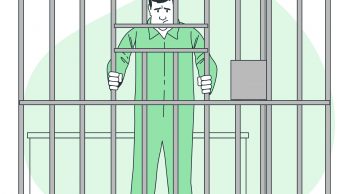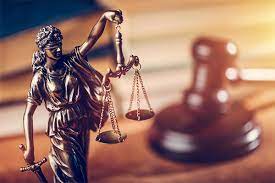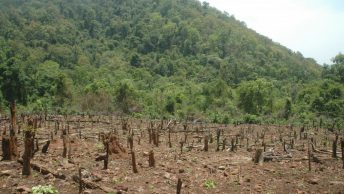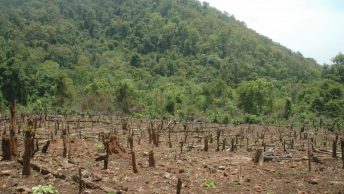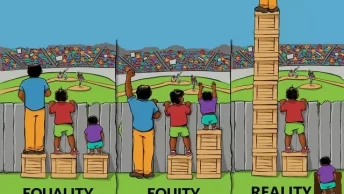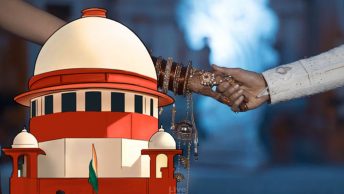A fortnightly feature inspired by I-CONnect’s weekly “What’s New in Public Law” feature that addresses the lacuna of a one-stop-shop public law newsletter in the Indian legal...
The SC in the case of Ritu Chhabria v. Union of India held that incomplete chargesheets filed by investigative authorities to deny regular bail violate rights of an accused. This decision was...
This article delves into the intricate complexities surrounding the imposition of bail conditions under Section 167 of the Code of Criminal Procedure (CrPC) in India and their profound implications...
This post is part of a series on constitutional and political questions relevant to contemporary times written by Sughosh Joshi, a political researcher working with I-PAC. Sughosh also publishes a...
Unraveling Ethnic Strife: Navigating Justice, Gender, and Accountability in the Aftermath of Manipur
In this article, the author examines the recent conflicts between the Meiti and Kuki tribes in Manipur, emphasizing the sexual violence directed at the women of the minority tribe. By analyzing the...
In the first part of this blog post (can be found here.), we saw that the recent SCOTUS ruling in the Sackett Case and India’s Forest Conservation Amendment Bill indicate a trend toward...
Summary: This article delves into the environmental regulations in both the United States and India, focusing on how they may prioritize private property rights over environmental conservation...
This post is part of a series on constitutional and political questions relevant to contemporary times written by Sughosh Joshi, a political researcher working with I-PAC. Sughosh also publishes a...
Summary: The Article argues that mandatory requirements to publish a notice of any marriage under the Special Marriages Act, constitutes indirect discrimination against interfaith couples. In the...
Summary: This article delves into the recent criminal law bills introduced in India, specifically focusing on the proposed replacement for the sedition law. It critically analyzes the transition from...


